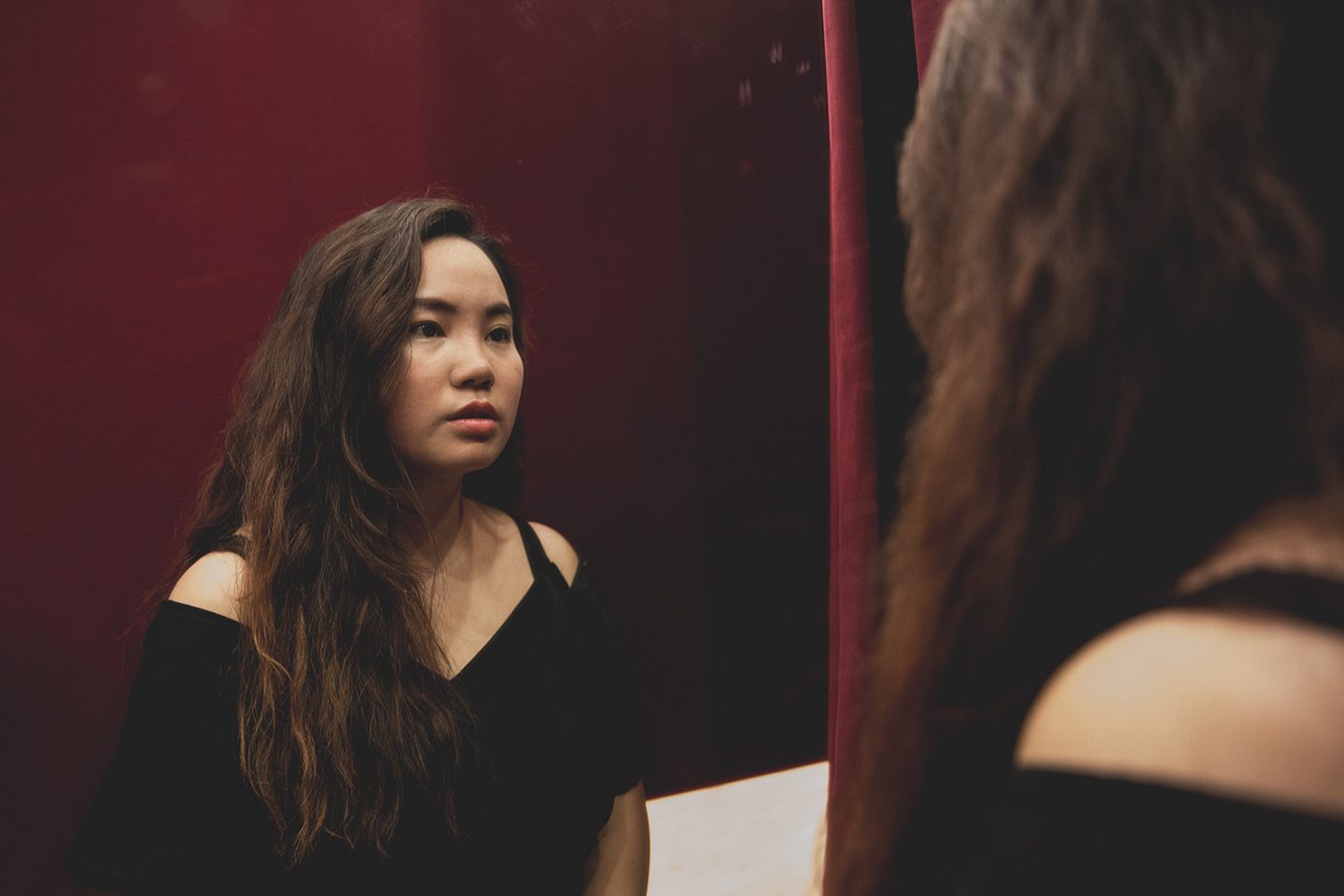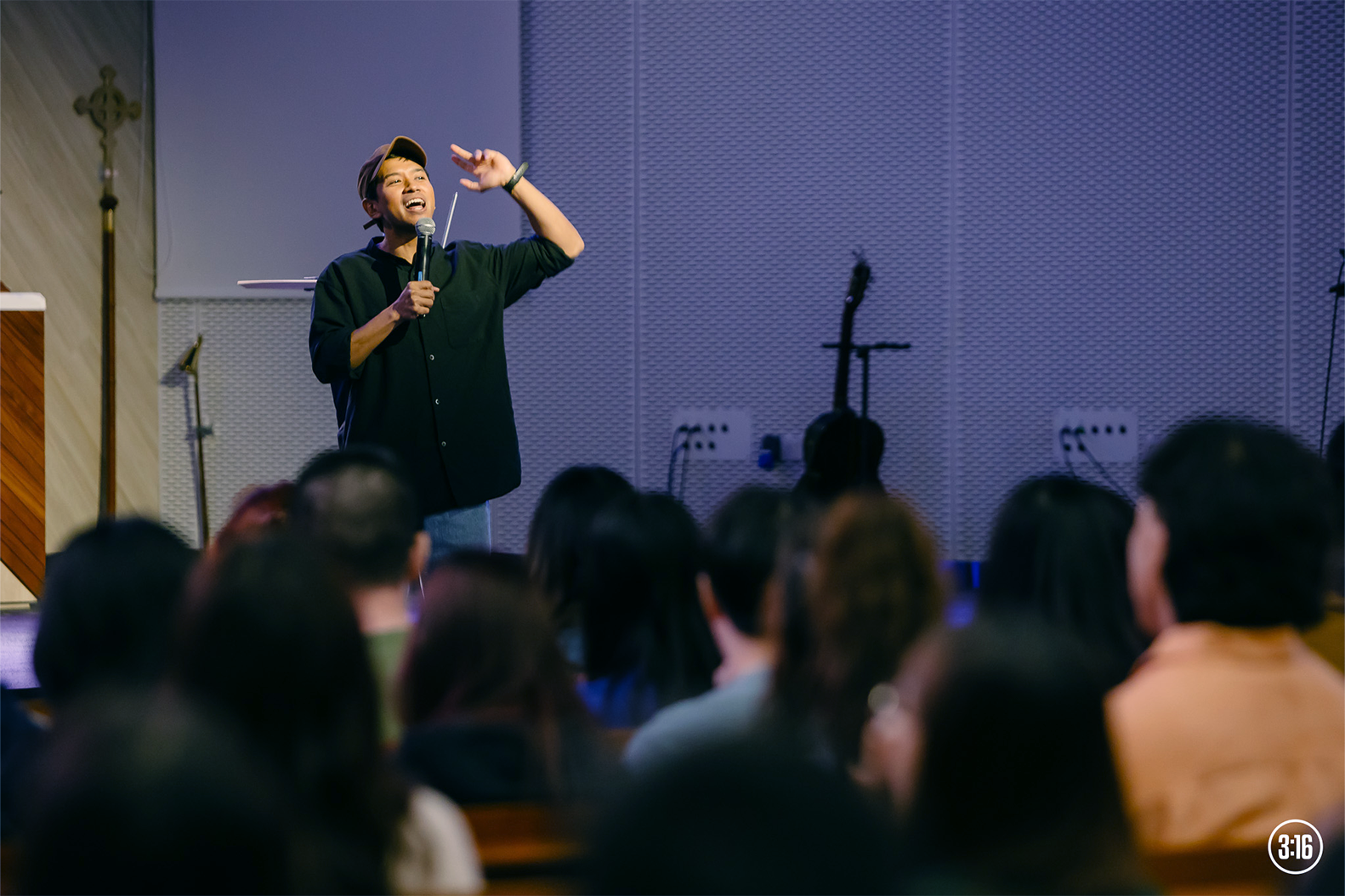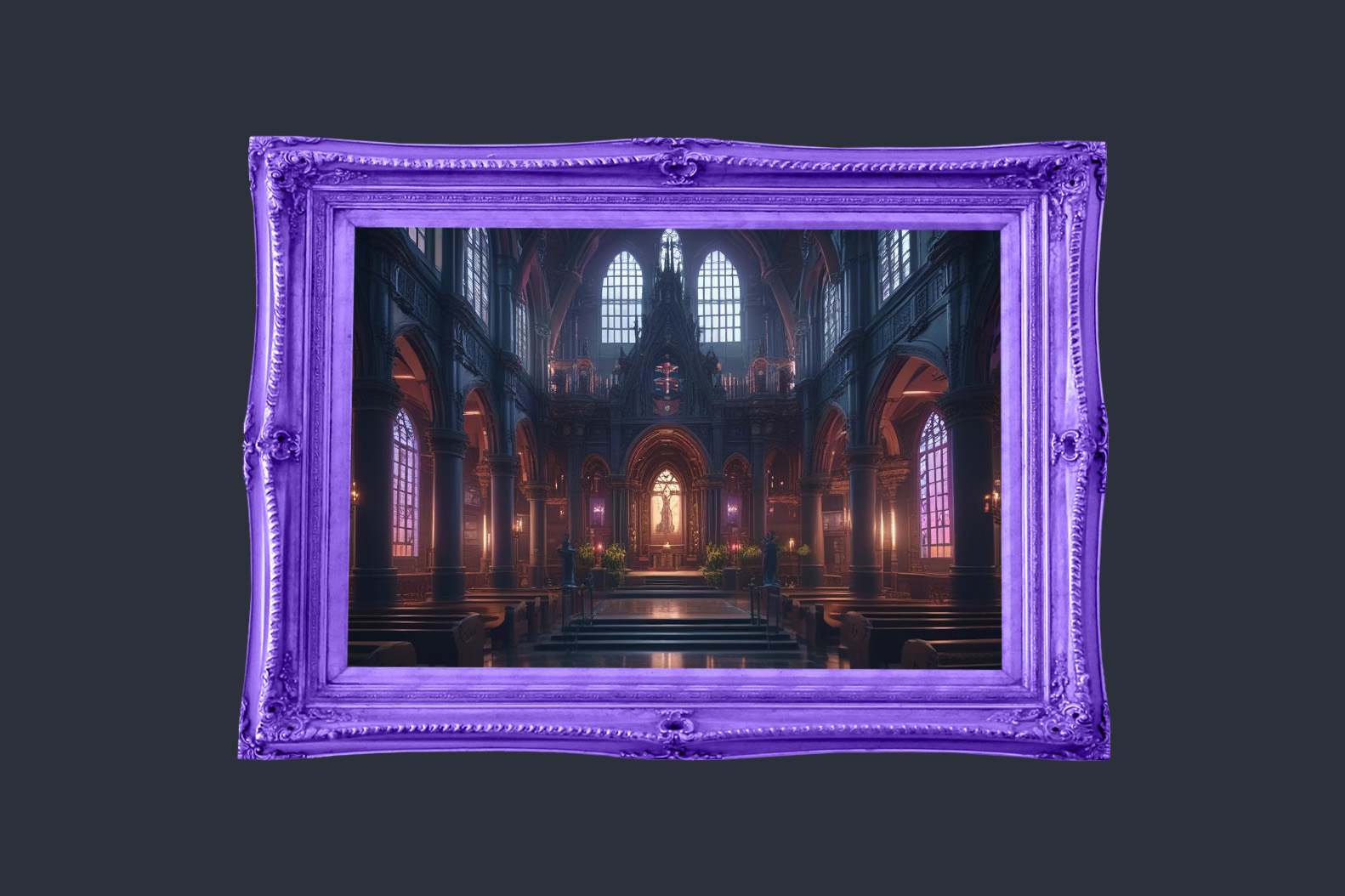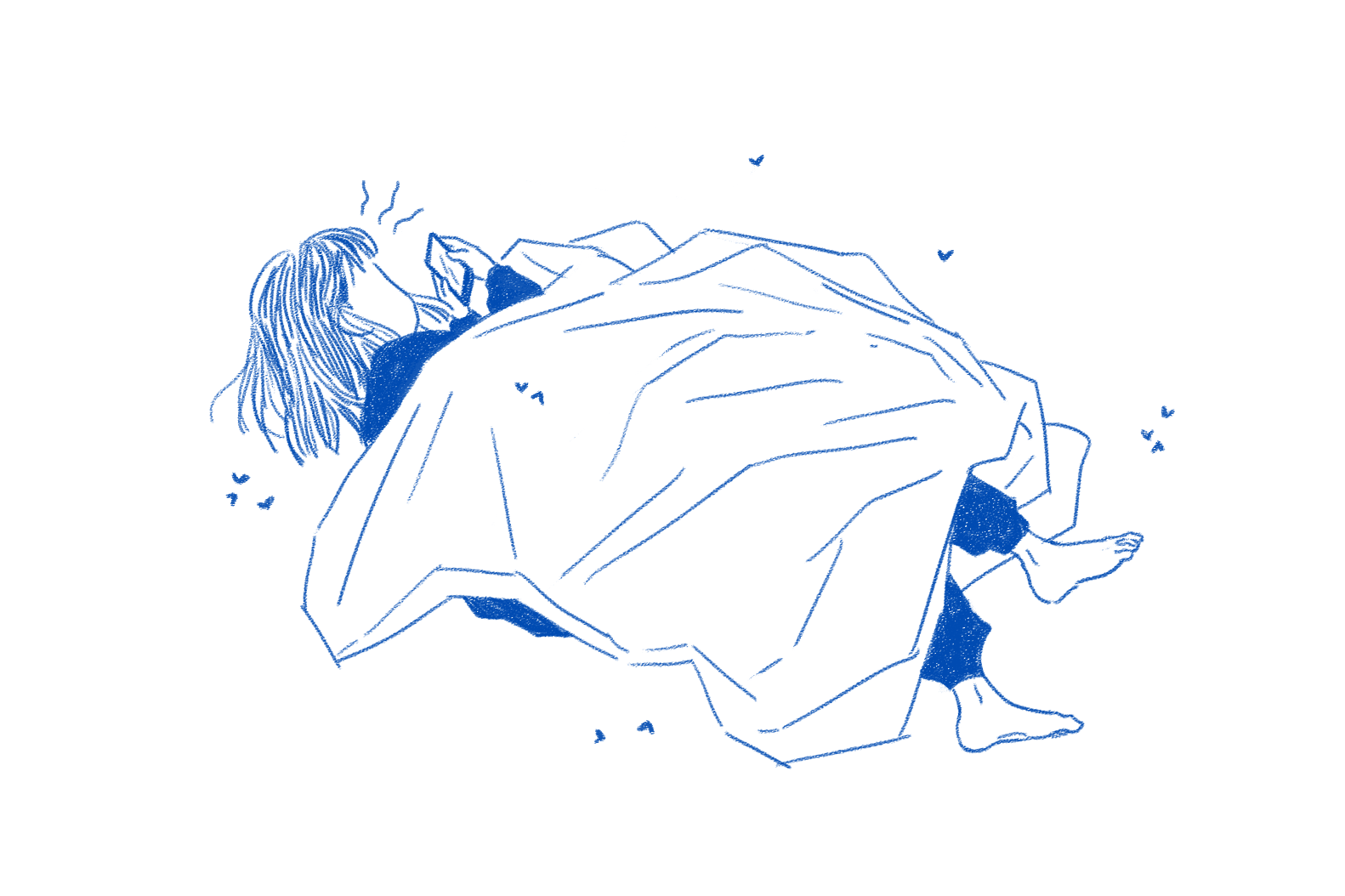I love body positivity campaigns. Part of it is the fact that I’m from the creative communications industry, where being able to sell things that matter to people who really need them – such as the idea of loving yourself – is the gold standard many of us reach for.
That’s the noble, feel-good answer. But deep inside I know that the first time I watched Dove’s Real Beauty commercial, which featured little girls and their insecurities about their looks and bodies, something in me knotted up. I saw myself in there with them.
Thinks she’s ugly. Afraid she’s fat. Wishes she were beautiful.
For the first time since I was 12, when my very real and painful struggle with esteem and body image started, I didn’t feel alone. Someone actually cared that I hated myself and thought I, ugly body and all, was worth loving. Because every girl deserves to feel good about herself.
I thank the West for starting the body positivity movement. Women have it difficult everywhere, our bodies somehow constantly getting in the way of who we are as human beings.
But the East is a particularly difficult place to own a body that’s female. We’re told we need a body that can land us a husband, so we can continue the bloodline. And if you have a body that doesn’t fit into the Asian definition of normal, you start to hear plenty of advice on how to eat less carbs (tough when you’re of a rice-eating ethnicity) and how men don’t want to marry fat girls.
So when the body positivity movement reared its brave, beautiful head – untoned and un-retouched – I was sold. Preach it, people, preach it. Slay, sister, slay.
I followed famous plus-size models on Instagram. I liked and shared body-positive posts, no longer so afraid of identifying myself with other “bigger” women.
There was something so powerful about their devil-may-care attitudes, and it alleviated the hurt inside me.
But something didn’t feel right.
Women have it difficult everywhere, our bodies somehow constantly getting in the way of who we are as human beings.
Yes, seeing women step boldly into the light with their curves, rolls, scars and cellulite was deeply comforting. I didn’t have to feel ashamed for what I’d always thought were my defects. I didn’t have to hide anymore. But in the captions and comments, battles were still being fought, and my feeling of uneasiness grew.
She’s beautiful but you guys are killing her by encouraging her to stay at this weight. I love you so much, please don’t ever get skinny on us.
It took Dr Catherine Walker, visiting assistant professor of psychology at Union College, to finally say what I couldn’t bear to admit:
“We’re talking about more bodies now, but we’re still putting the focus on the female body and objectifying women who we see as valuable only for their appearances. Having plus-size models and celebrities with more diverse body types is the lesser of two evils and an improvement on how it used to be, but it’s still entirely body-focussed.”
It was still all about looks; all just skin-deep. The feminists were right on this one – we should be valued for more than just the superficial. We are fearfully and wonderfully made (Psalm 139:14).
MIRROR, MIRROR ON THE WALL
When one becomes a body-positive celebrity, usually from having a particularly successful plus-size modelling career or sudden media attention for losing half your body weight, the world laps it up. Your social media pages are flooded with approval, people thank you profusely for being “real” and giving them hope.
And before you know it, every post you make becomes a personal ad for the movement you’re now the new face of, from your latest public display of your #flawless beach body (not literally) to your Before-After #POTD (photo of the day). For the most part, it’s about being a positive influence to your newfound audience – sharing a message of self-love, not hate, and you can do it too.
We’re still deriving our sense of worth from other people’s approval, not from the only Source that matters.
But the danger lies right in front of our eyes, right there in the looking glass. Not only is the feminist fight to be valued for more than the superficial lost in the irony of body positivity – because we’re still talking about our bodies, people – but as Christians, we’re also putting ourselves in the perfect position to lose sight of the Cross.
It’s still all about me and what the world thinks of me, even if it is in the positive sense now. We’re still deriving our sense of worth from other people’s approval, not from the only Source that matters. That’s idolatry right there.
PART OF WHOSE WORLD?
In the popular fairytale, the Little Mermaid traded in her voice for the legs she desired in a fatal pact with the Sea Witch. In our own quest for beauty and acceptance – whatever form of it the world now desires – we too trade in our God-given voice for one that sounds just like everyone else’s.
For out of the heart the social media activity speaks. What you constantly share, like and comment on speaks louder than the Bible verse you sometimes throw in as the caption of your #OOTD (outfit of the day).
You don’t need the world to tell you you’re beautiful before you can start to love yourself.
There is nothing wrong with beauty and our admiration of it. God created us to love beauty as much as He did. Read the Song of Solomon! But humans being human, we lost the ability to see beauty the way He saw it – in the world around us, in each other and within ourselves.
So across the continents and the eras of men, beauty has been defined, defied and redefined over and over. Women and men alike have suffered for it in horrific ways. But when God sent Jesus, who set aside His divinity to be like one of us (Philippians 2:7), mankind once again was given a glimpse of true beauty – the only beauty worth having in this life.
Our Heavenly Father values you for way more than what the world can even see. Ask for His eyes to see yourself the way He sees you. As He clothes the lilies of the fields (Matthew 6:28), look to Him to clothe you with a beauty beyond anything you could ever desire or describe.
You don’t need the world to tell you you’re beautiful before you can start to love yourself. We love because He first loved us. And that alone makes you beautiful beyond description.









